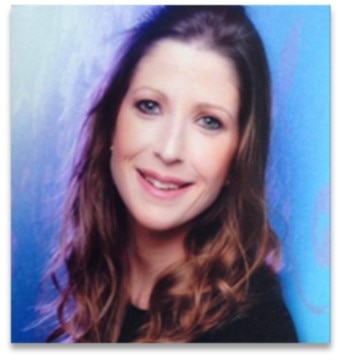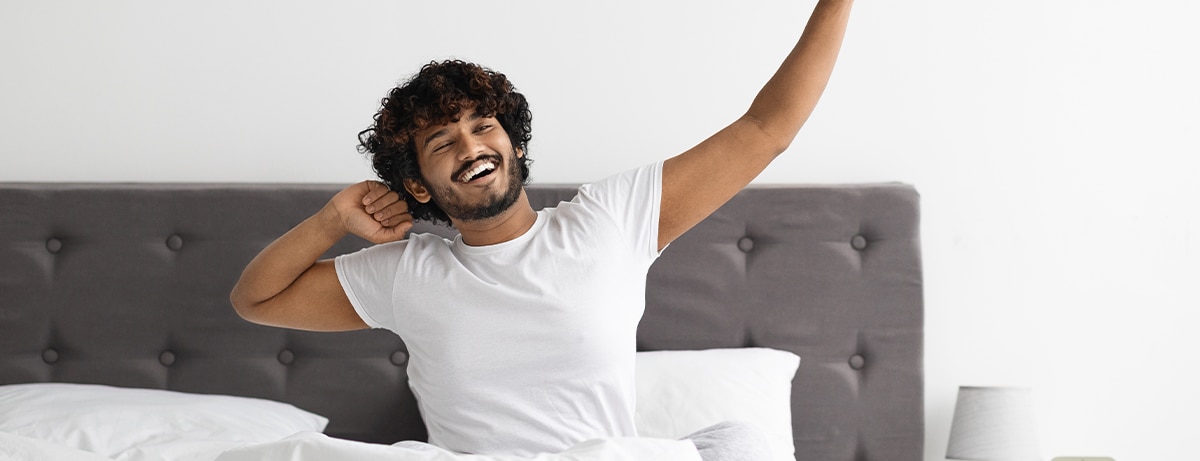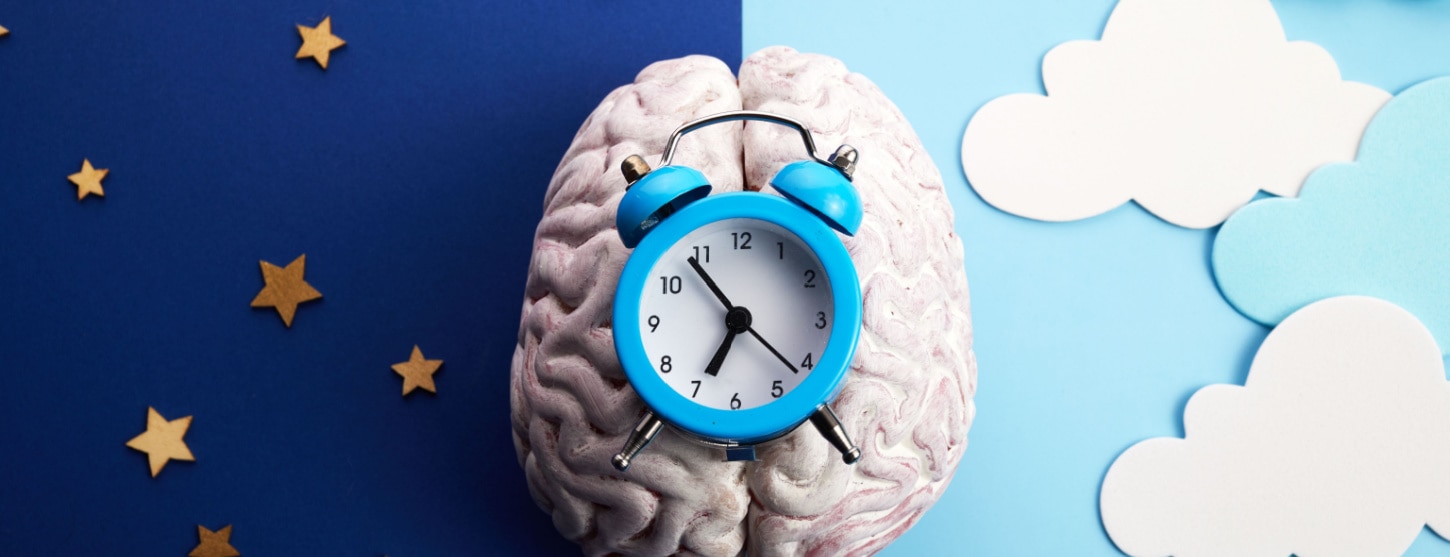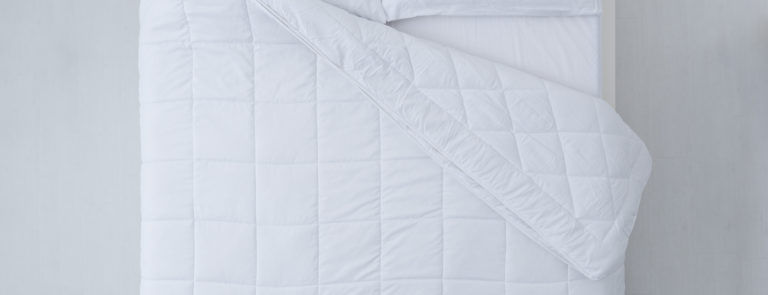15% off €35 OR 20% off €45
7 science-backed benefits of beauty sleep
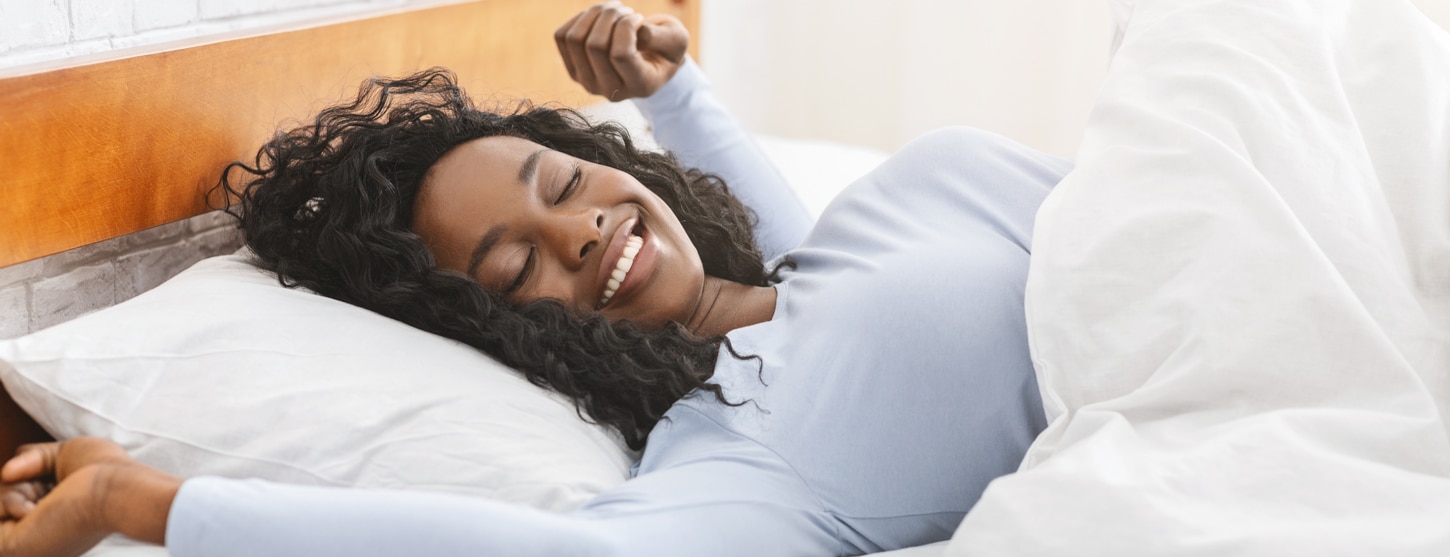
Beauty sleep is something we’ve all heard of and strive to get plenty of, but what does it actually mean in reality?
Can it make you more beautiful, and if so, in what way? Or is beauty sleep just a big myth that’s the stuff of Disney princesses and fairy tales?
Keep reading, this article is dedicated to setting the record straight on beauty sleep, once and for all!
Skip to: Is it real? | How many hours | 7 benefits | How sleep changes your face | Sleep and looking younger
Beauty sleep meaning
Generally speaking, beauty sleep is when you go to bed and get a good night’s sleep, so much so, that you feel rested, energised and alert the next day.
While we sleep, our brain recharges, our skin repairs itself from daily free radical exposure, and our body recharges, repairs and restores healthy hormone levels.
Believe it or not, sleep has the ability to impact our immune system, body weight and mental health.1
Interestingly, while ‘beauty sleep’ may be a phrase we’re all guilty of using many a time because it just slips off the tongue, it’s one we don’t necessarily think too deeply about. Until now…
More on the reality behind beauty sleep below.
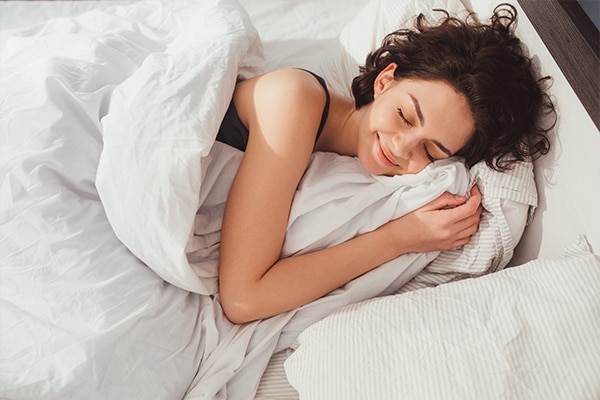

Is beauty sleep an actual thing?
Yes, it has been proven to be an actual thing. Research has found that beauty sleep is real and not a fragment of our imagination.
According to research published in the Royal Society of Open Science in 2017, restricted sleep can make people appear less attractive.2
A total of 25 male and female university students took part in the sleep experiment, which was carried out by researchers at the Karolinska Institute.
They were asked to get a good night’s sleep for two consecutive nights. The next week, they were asked to restrict their sleep to just four hours a night for two evenings in a row.
The researchers took make-up free photos of the volunteers after all of their sleep sessions.
The photos were then shared with more than 120 strangers, who were asked to rate them based on attractiveness, health, sleepiness and trustworthiness.
The researchers concluded people are less inclined to socialise with sleep-deprived individuals. What’s more, sleep-restricted people are perceived as being less attractive and healthy.
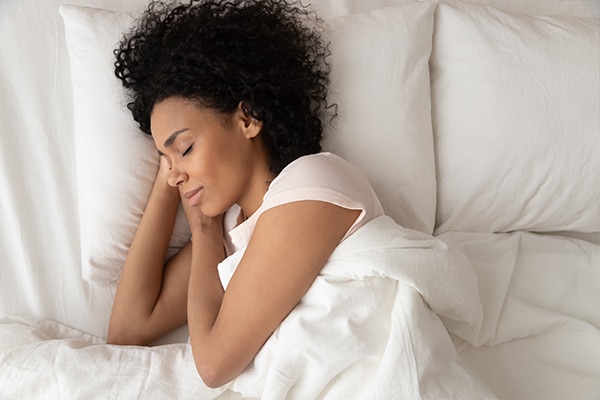

How many hours is beauty sleep?
It all depends on how old you are. The younger you are, the more sleep you need in order to give your skin and body the best chance to recharge for the next day.
The older you are, the less sleep you generally need.
The National Sleep Foundation says that adults ideally need between seven and nine hours of sleep every night.3
For more on getting your quota of sleep in every night, read, ‘12 ways to develop good sleep hygiene.’
Summary
- While we’re sleeping, our brain, body and skin all repairs, restores and recharges itself
- Research has found that beauty sleep does exist and that it has the ability to influence how attractive we look to others
- Adults ideally need between seven and nine hours of ‘beauty sleep’ every night
7 benefits of beauty sleep
So now that we’ve established beauty is a thing, other than looking more appealing to total strangers, are there any other benefits associated with it?
There are, and quite a few of them, including these:
-
It can make you appear more attractive
As the researchers at the Karolinska Institute discovered, sleep deprivation can lead to decreased attractiveness.
The students who looked tired appeared less attractive to the strangers who looked at their photos due to the fact their lack of sleep made their faces look unhealthier.
What’s more, the same research also concluded that dark eye circles and puffy eyelids also put the strangers off from wanting to socialise with the tired-looking students.4
-
It can help you look younger
According to research carried out by the Case Western Reserve University for Estee Lauder into the effects of sleep quality on skin ageing and function, chronic inadequate and poor quality sleep can lead to skin ageing.
Researchers found that poor quality sleepers showed increased signs of intrinsic skin ageing, such as fine lines, uneven pigmentation and reduced elasticity.
Meanwhile, good sleepers recovered more efficiently from skin stressors, such as sunburn, due to the fact their skin’s ability to repair itself overnight isn’t being weakened by poor sleep quality.5
-
It can boost your self-esteem
The same study commissioned by Estee Lauder also found that poor sleepers are more unhappy with the way they look compared to good sleepers.6
-
It can help reduce dark circles and puffy eyes
‘Cues of fatigue: effects of sleep deprivation on facial appearance’, a research study carried out in 2013 found that sleep-deprived people tend to have swollen and red eyes, as well as dark under-eye circles and more wrinkles and fine lines on their face.
Overall, the study, which involved 20 women, showed that sleep deprivation affects the eyes, mouth and skin and that these features all give off visible signs of sleep loss over time.7
-
It can help you lose weight
Research published in the Annals of Internal Medicine found that when dieters got a full night's sleep, they lost the same amount of weight as when they slept less.
But when they got adequate sleep, more than half of the weight they lost was fat.8
Meanwhile, when they cut back on their sleep, only one-fourth of their weight loss was fat.
The research concluded sleep-deprived people tend to have higher levels of the hunger hormone, ghrelin, in their bodies, which is responsible for stimulating appetite and promoting fat storage.
-
It can help boost your mood
According to the Sleep Foundation, sleep and depression are interlinked. Poor sleep can potentially lead to the development of depression.
Sleep deprivation may also contribute to depression by changing the natural levels of serotonin, which is widely recognised as being a mood stabiliser, in the body.
What’s more, sleep disruptions can negatively impact the body’s stress system, disrupting our natural physical, mental and behavioural changes (circadian rhythms) and increasing vulnerability for depression.
It’s been reported that people who are treated for depression, may see an improvement in the quality of their sleep.9
-
It can boost your cognitive skills
A study into the ‘The extraordinary importance of sleep’ found that sleep is critical for enabling us to think clearly and be vigilant, alert and maintain focus.
Researchers observed that people whose daily sleep duration is inadequate or repeatedly disrupted often see their cognitive abilities, i.e. performance, working memory, cognitive speed and accuracy, being negatively impacted.10
Summary
- The benefits of getting a good night’s sleep are widespread and include boosting your cognitive skills and helping minimise and fight the signs of ageing
- It also plays a key role in weight loss, helping prevent depression and boosting self esteem
How sleep changes your face
How sleep changes your face
As you’ve most probably gathered by now, sleep can take its toll on us in a number of ways. It can make our brains feel fuzzy and slow, our bodies feel weak and our skin look lack lustre.
Sleep can change the way our face looks in various ways. Poor sleep can lead to fine lines, wrinkles, dark circles, puffy eyes, breakouts and a generally unhealthy complexion.
Consistent good sleep, on the other hand, has the ability to help achieve an even complexion, with fewer lines, wrinkles or blemishes.
Skin looks plumper, fresher and more rejuvenated, with an overall healthier glow.11
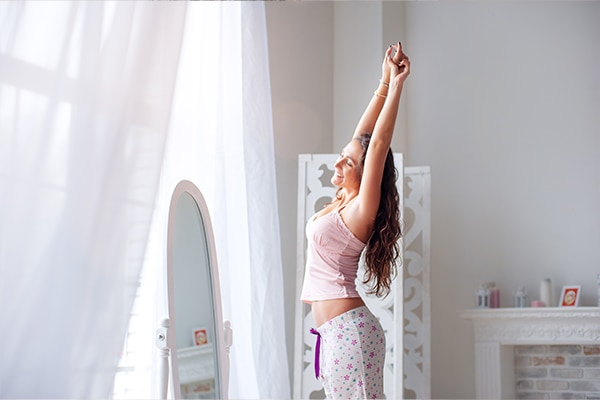

Can sleep make you look younger?
While sleep isn’t a magic wand we can wave that instantly makes us look younger (if only it was), it does play a key part in helping slow down and prevent the signs of ageing.
This is fundamentally down to the fact that when we sleep, it helps regenerate body tissues, including our skin, bones and muscles.
More specifically, when we get a good night’s sleep, e.g. Stage 3 non-REM sleep, we produce the Human Growth Hormone (HGH), which has been linked to helping restore the body.12
(For more on the stages of sleep read, ‘The importance of sleep.’)
Overall, sleep can help improve our appearance, and may potentially help us look younger by enabling our skin cells to grow and repair and producing proteins that are responsible for cell growth and repair, such as collagen.
In turn, this collagen production can help with maintaining skin elasticity, preventing and reducing the appearance of wrinkles, fine lines, and other skin ageing signs related to elasticity and suppleness.
Summary
- Both poor sleep and good sleep can take their toll on our face in different ways
- Poor sleep can lead to fine lines, wrinkles, dark circles, puffy eyes, breakouts and an unhealthy complexion
- Good sleep can contribute to an even complexion and fewer lines, wrinkles or blemishes, which may help with looking younger
A final few words about beauty sleep
A final few words about beauty sleep
Beauty sleep doesn’t just exist in fairy tales. It’s very much real and the effects it can have on our skin, body and mind have been proven in several research studies.
If you aren’t already doing so, the first step in embracing beauty sleep is making sure you are following a good sleep routine.
Once you are in the habit of sleeping well every night, for the amount of time you need, the positive effects will follow at some point (everybody is different).
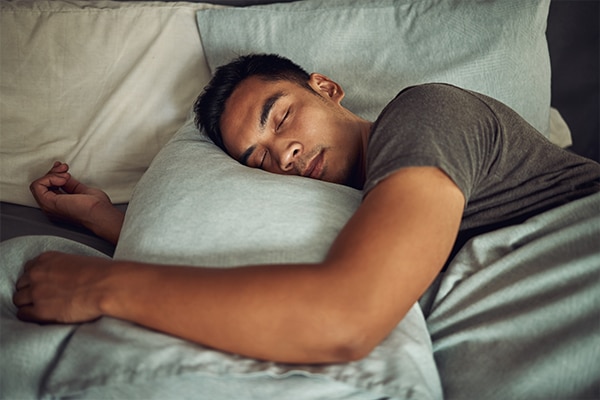

Remember though, it’s not just about how much you sleep, but the quality of your sleep, both of which have the ability to influence what you see in the mirror.
- https://www.kallysleep.com/the-science-backed-benefits-of-beauty-sleep/
- https://royalsocietypublishing.org/doi/10.1098/rsos.160918
- https://casper.com/blog/what-is-beauty-sleep/
- https://royalsocietypublishing.org/doi/10.1098/rsos.160918
- https://www.sciencedaily.com/releases/2013/07/130723155002.htm
- https://media.cleveland.com/health_impact/other/Lauder%20Sleep%20Skin%20Study%202013%20IID%20Poster%20%202013%20final.pdf
- https://pubmed.ncbi.nlm.nih.gov/23997369/
- https://news.uchicago.edu/story/sleep-loss-limits-fat-loss-study-finds
- https://www.sleepfoundation.org/mental-health/depression-and-sleep
- https://www.ncbi.nlm.nih.gov/pmc/articles/PMC6281147/
- https://www.cosmopolitan.com/style-beauty/beauty/advice/a42908/ways-sleep-can-mess-with-your-face/
- https://rawbeautysource.com/beauty-sleep-a-scientific-approach-what-is-it-how-it-works/
The advice in this article is for information only and should not replace medical care. Please check with your GP or healthcare professional before trying any supplements, treatments or remedies. Food supplements must not be used as a substitute for a varied and balanced diet and a healthy lifestyle.
